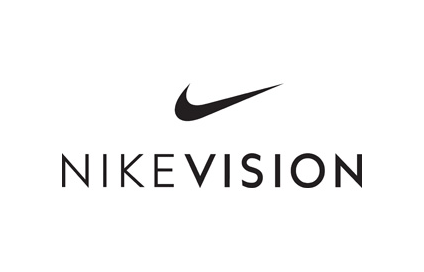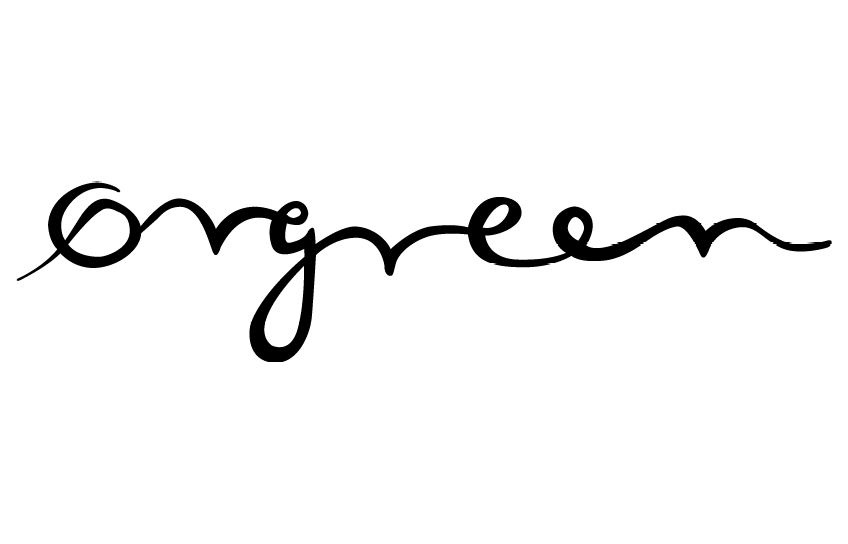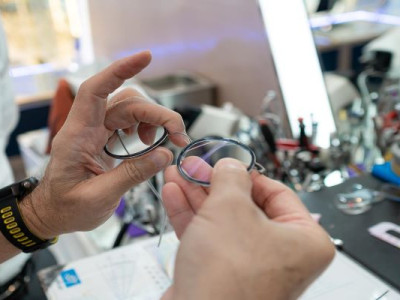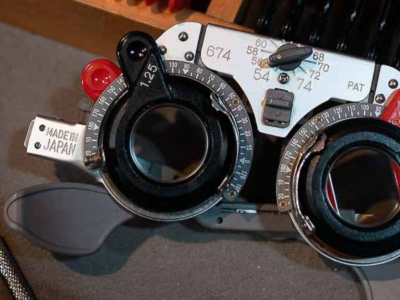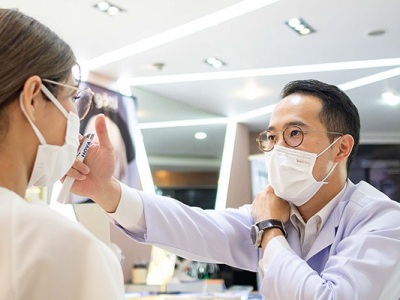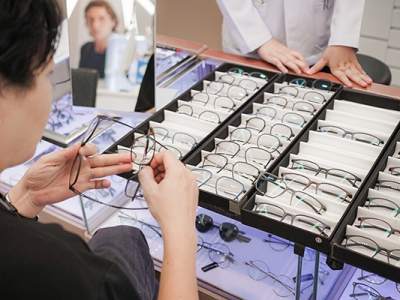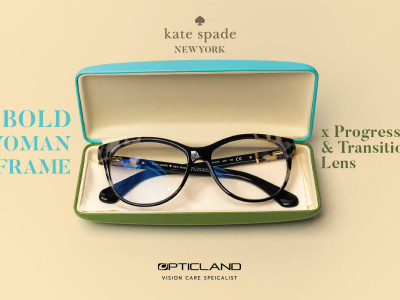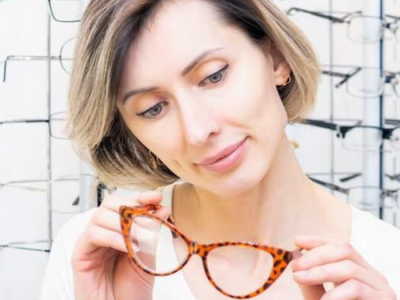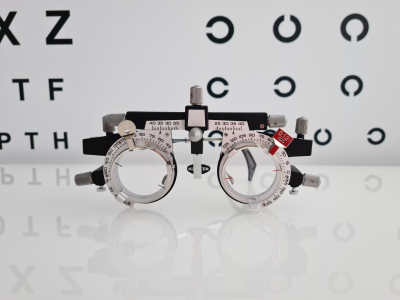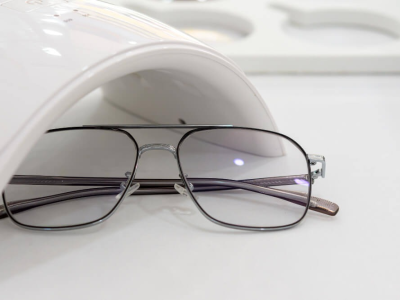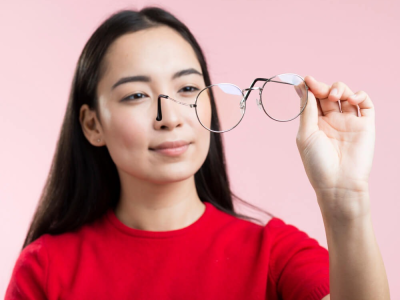How to Choose the Perfect Glasses: An Expert's Guide
Choosing a new pair of glasses can be both exciting and overwhelming. Whether you’re upgrading your eyewear style or addressing changes in your vision, the right pair should not only improve clarity but also complement your face shape and personal taste. From understanding different eyeglass frames and prescription lenses, to exploring designer brands and advanced lens coatings, this guide will help you make an informed decision, with expert insights from professional optometrists who understand what your eyes truly need.
Table of contents
- Step 1: Find the Right Frame for Your Face Shape
- Step 2: Choose Your Lens Type
- Step 3: Understanding Lens Materials & Coatings (Blue Light, Transitions)
- Step 4: Explore Our Curated Collection of Premium Brands
- Why an Expert Eye Exam is Crucial for Your New Glasses
- Why Choose Opticland? Expert Care at an Exceptional Value
- Medically Reviewed by
- Special Offers on Premium Glasses & Lenses
- Frequently Asked Questions (FAQ) about Choosing Glasses

Step 1: Find the Right Frame for Your Face Shape
Your face shape plays a big role in finding the perfect eyeglass frames.
- Round face: Go for rectangular or geometric frames that add definition.
- Square face: Choose rounded frames to soften strong angles.
- Oval face: You’re in luck most frame materials and styles will suit you well, from titanium to acetate.
For those who care about aesthetics, check out our style guide for matching frame shapes and colors that enhance your natural features.
Step 2: Choose Your Lens Type
Not all lenses are created equal. Your prescription lenses depend on your vision needs:
- Single vision lenses: Ideal for correcting a single distance, such as for myopia (nearsightedness) or hyperopia (farsightedness).
- Progressive lenses: offer a smooth transition for those who need both near and distance correction, without visible lines.
- Sunglasses with prescription: protect your eyes while maintaining perfect vision outdoors.
Step 3: Understanding Lens Materials & Coatings (Blue Light, Transitions)
Modern lens technology has come a long way. Today’s lenses are lightweight, durable, and tailored to your lifestyle.
- Blue light filter: essential for those who spend long hours on digital screens, helping to reduce digital eye strain.
- Anti-reflective coating: improves clarity and reduces glare when driving or working under bright light.
- Transitions lenses: automatically adjust to changing light conditions for all-day comfort.
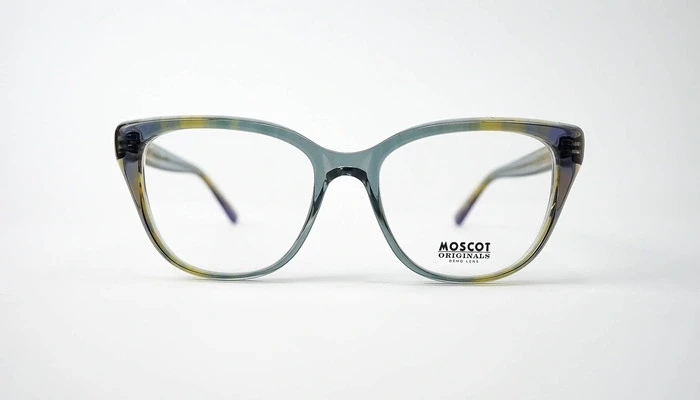
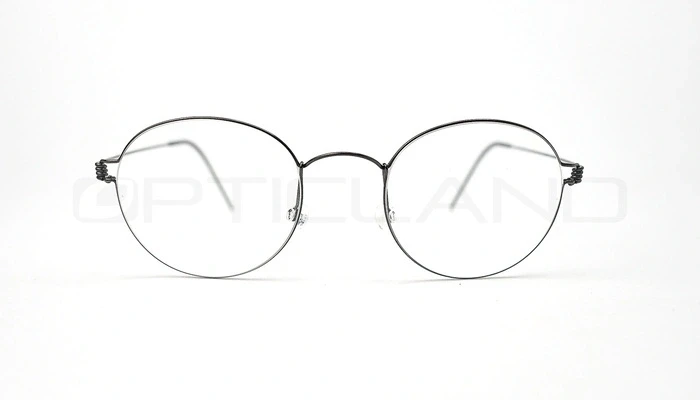
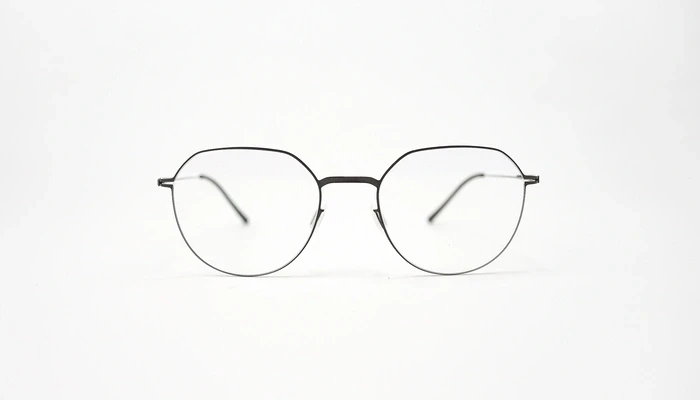
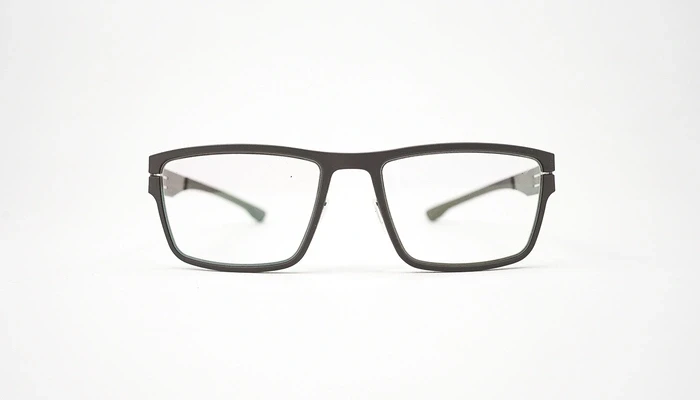
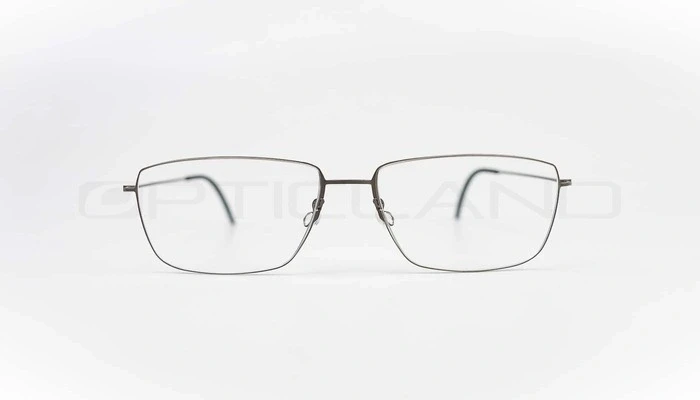
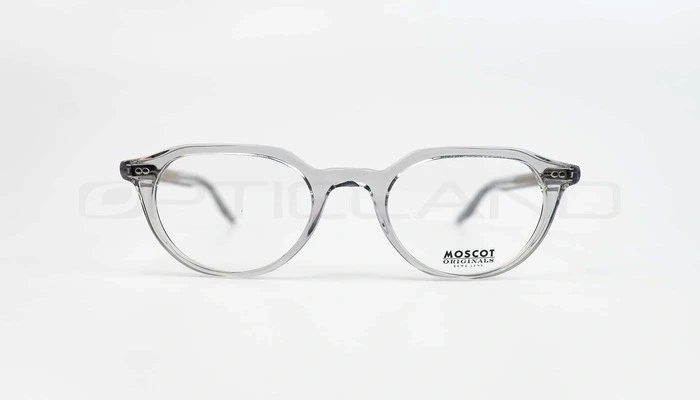
Step 4: Explore Our Curated Collection of Premium Brands
Why an Expert Eye Exam is Crucial for Your New Glasses
Before choosing your new glasses, it’s important to have a thorough eye exam conducted by a licensed optometrist. At Opticland, we use advanced diagnostic equipment to assess your vision and identify issues like myopia, astigmatism, or presbyopia. Our experts ensure that your prescription lenses are precisely tailored for comfort, clarity, and long-term eye health.
Why Choose Opticland? Expert Care at an Exceptional Value
Opticland combines professional care, premium-quality eyewear, and value you can trust.
- Comprehensive eye exam by certified optometrists
- A wide range of eyeglass frames and designer brands
- Personalized fitting for your comfort and style
- Vision insurance accepted for most major providers
Medically Reviewed by
Yonthida Leela, Optometrist
Specialist in Vision Correction & Eye Health
Yonthida Leela is a certified optometrist with expertise in eye exams, vision correction, and lens technology. She ensures all content is accurate, reliable, and helps readers make informed decisions about their eye health and eyewear choices.

Special Offers on Premium Glasses & Lenses
Enjoy 15–20% off select lenses and designer frames! Upgrade your eyewear today with top-quality lenses and stylish frames only in-store.
Frequently Asked Questions (FAQ) about Choosing Glasses
What's the difference between an optometrist and an optician?
An optometrist performs eye exams, diagnoses vision problems, and prescribes lenses. An optician helps fit and adjust your glasses based on that prescription.
Can I use my old frames for new lenses?
In most cases, yes as long as your frames are in good condition. Your optometrist can confirm if they’re suitable for reuse.
I have a strong prescription. Will my lenses be thick and heavy?
Not necessarily. Modern lens materials like high-index plastics allow for thinner, lighter lenses even for stronger prescriptions.
Are blue light filtering lenses actually worth it for computer work?
Definitely. If you spend long hours in front of screens, blue light filter lenses can help minimize eye fatigue and improve comfort.
What is the real difference between a premium frame and a cheaper one?
Premium eyewear offers superior craftsmanship, lightweight materials like titanium, and better durability ensuring comfort and long-lasting wear.









